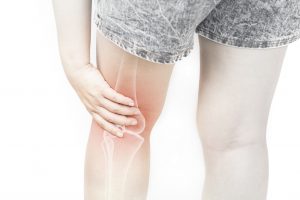 You need calcium for strong bones and a healthy heart. Too little, and you’re at higher risk for osteoporosis and other bone trouble. Too much, and you may be putting your heart at risk.
You need calcium for strong bones and a healthy heart. Too little, and you’re at higher risk for osteoporosis and other bone trouble. Too much, and you may be putting your heart at risk.
How do you find a healthy balance?
Advertisement
Your body uses calcium for several functions, drawing on reserves in your bones and teeth. If you’re not replenishing these stores by taking in enough calcium each day, your bones weaken. On the other hand, if you’re supplementing each day, it may enhance troubles like hypocalcemia or increase the risk for heart disease.
Daily calcium requirements vary between age cohorts. Men and women between 19 and 50 need 1,000 milligrams (mg) of dietary calcium each day. At 51, the recommended daily intake increases to 1,200 mg for women. Men need that when they hit 71.
The recommended upper limit is 2,000mg.
Supplementing with calcium can be risky. Some links have been discovered between high-dose calcium supplements and heart disease. Similar links have been found with prostate illness. Although neither association is currently definitive, they do suggest caution.
Ultimately, the best approach to calcium intake is diet. But even if you have a healthy and balanced diet, calcium may be lacking. This could be the case if you:
- Are a vegan or vegetarian
- Are lactose intolerant or limit dairy intake
- Eat a lot of protein or sodium, which can cause the body to get rid of calcium
- Have digestive issues that limit calcium absorption
- Take corticosteroids
For these particular situations, supplements may be required. But before reaching for one, talk to your doctor.
Advertisement
More calcium is not necessarily better. If you think you’re getting enough in your diet but want to supplement anyway, there is likely little reason to do so. It could be risky.
Looking at your overall diet can help you determine if you’re getting adequate calcium. It’s found in every dairy product (cheese, milk, yogurt, etc.), leafy green vegetables like kale and broccoli, fish with soft bones like canned salmon, and calcium-fortified products.
Calcium requires a bit of a balancing act, but focusing on diet and supplementation, if needed, can help keep your bones and heart healthy.
